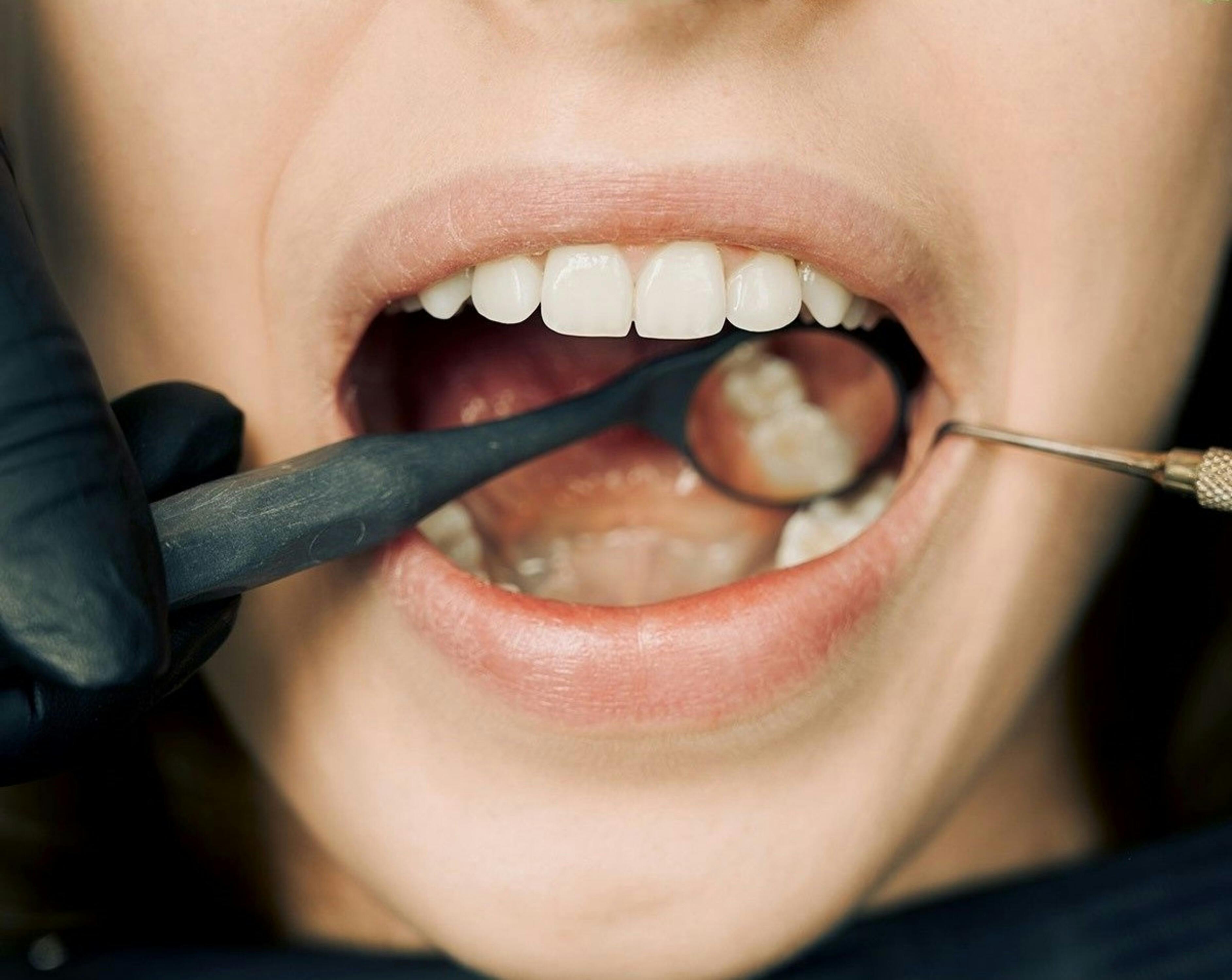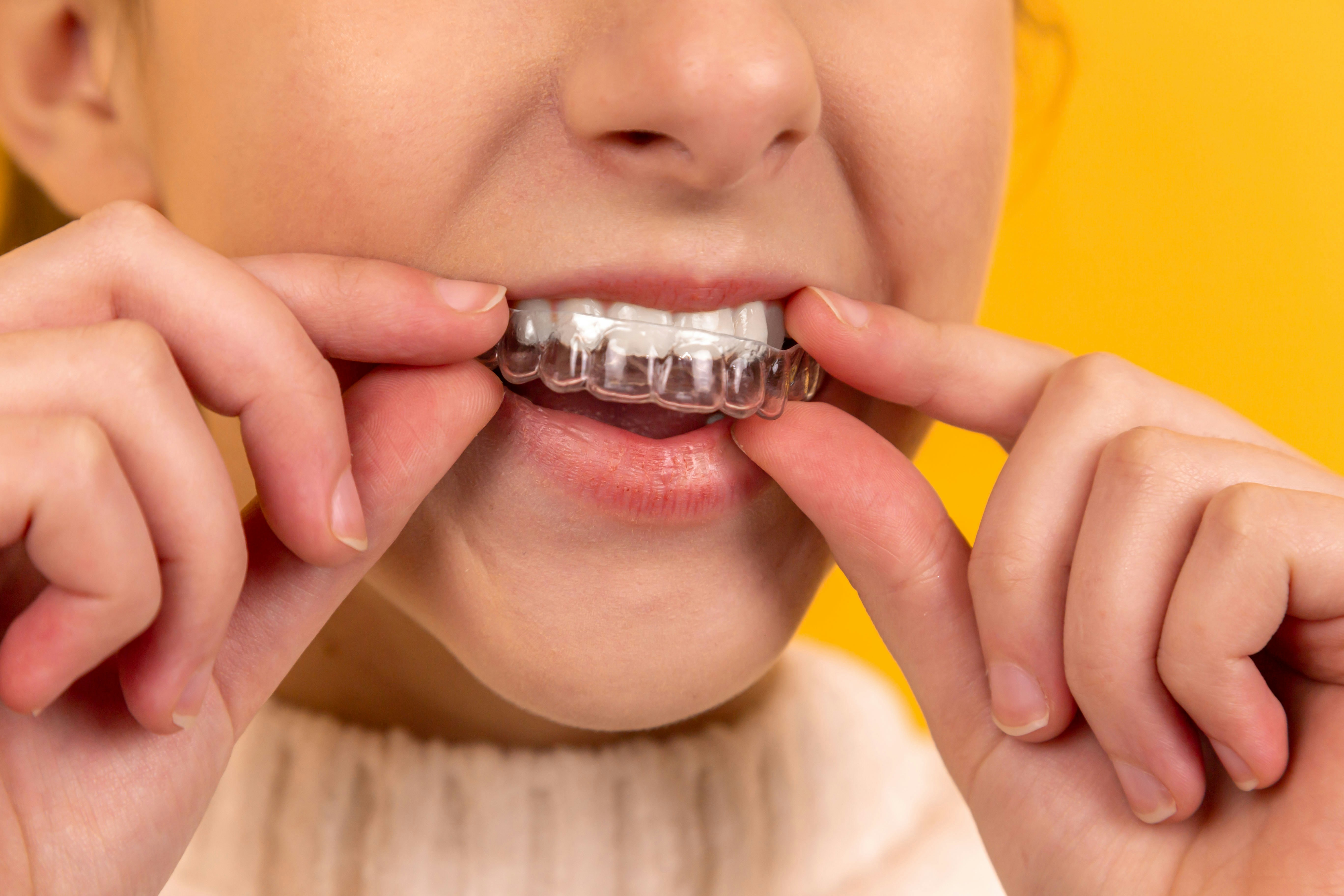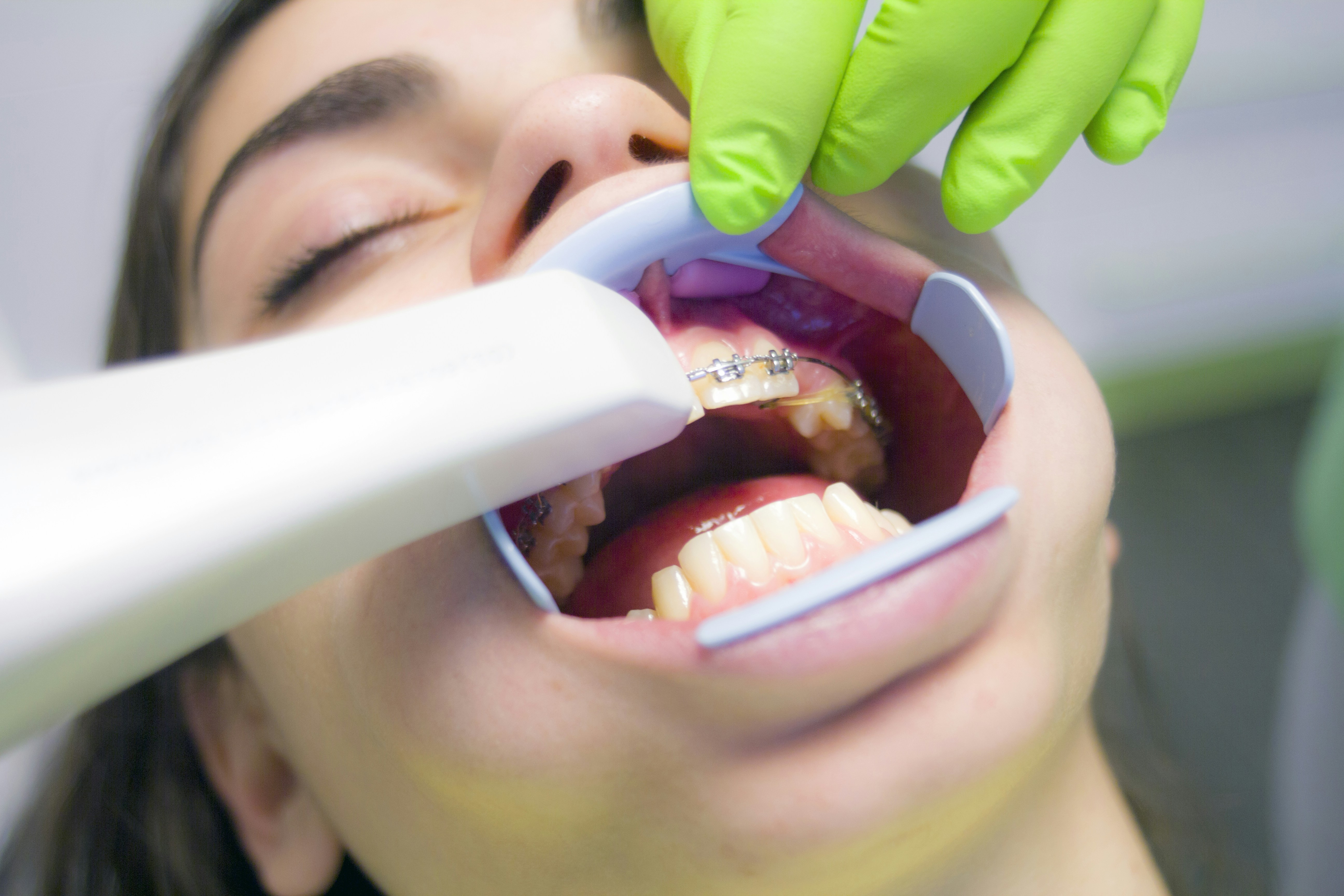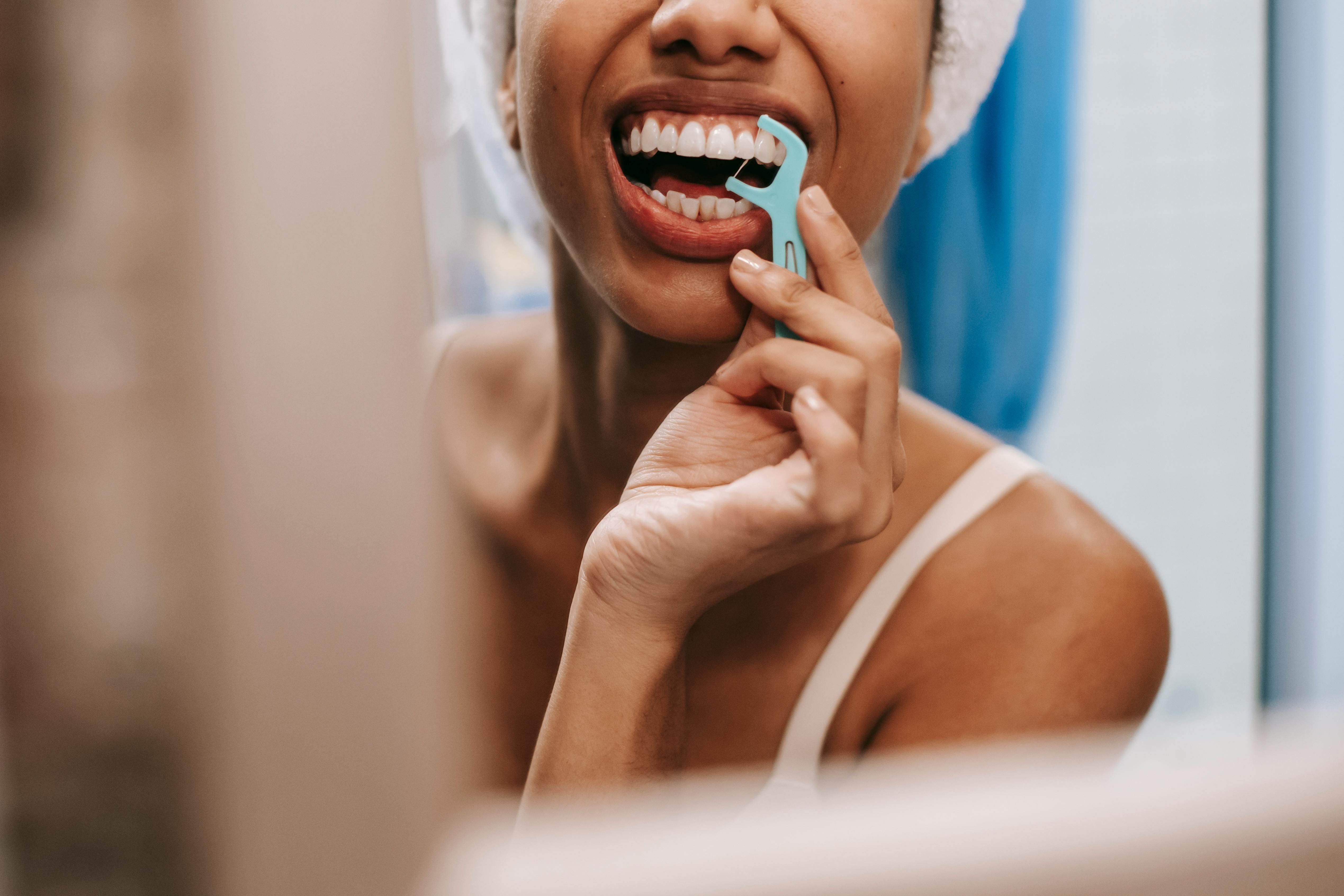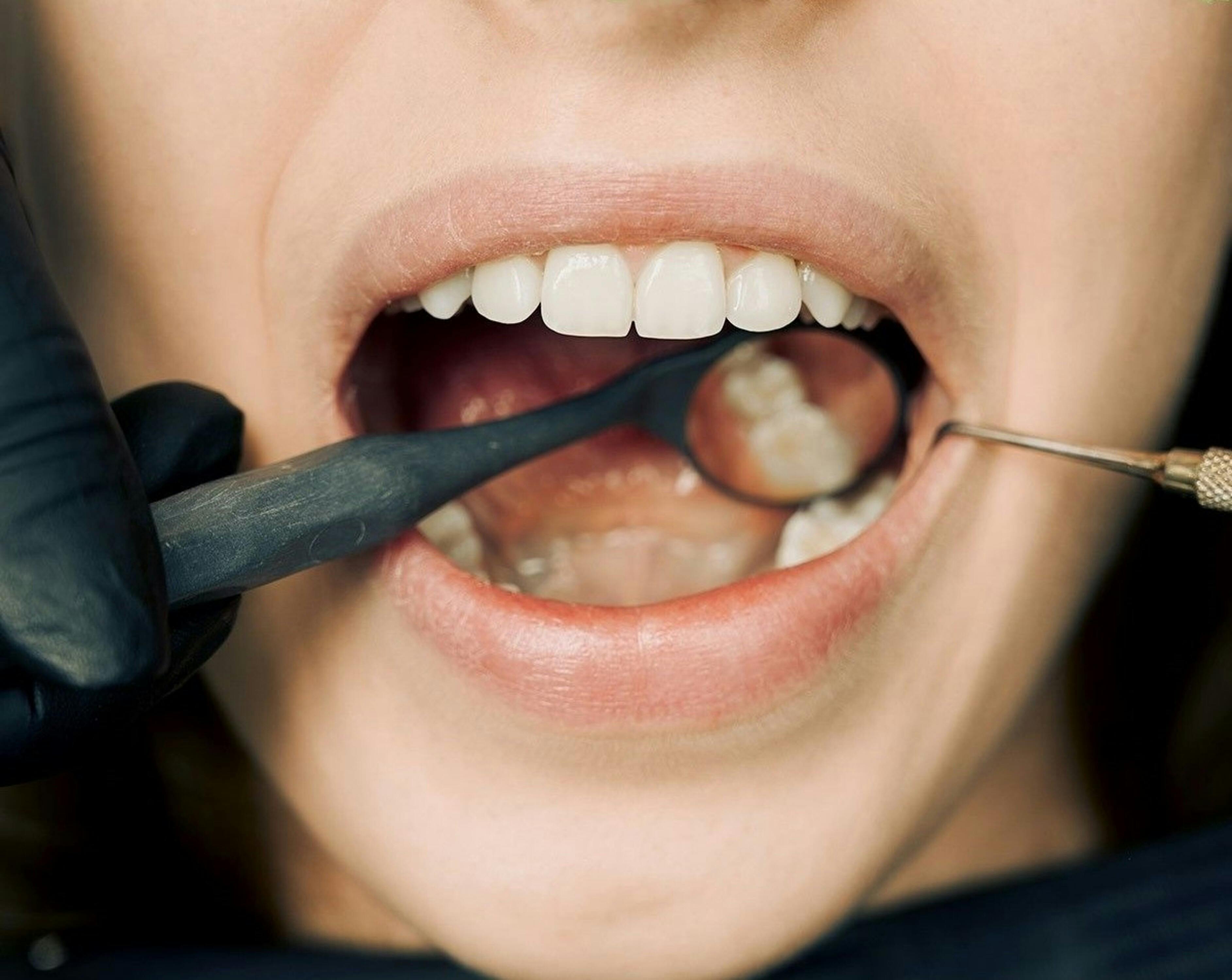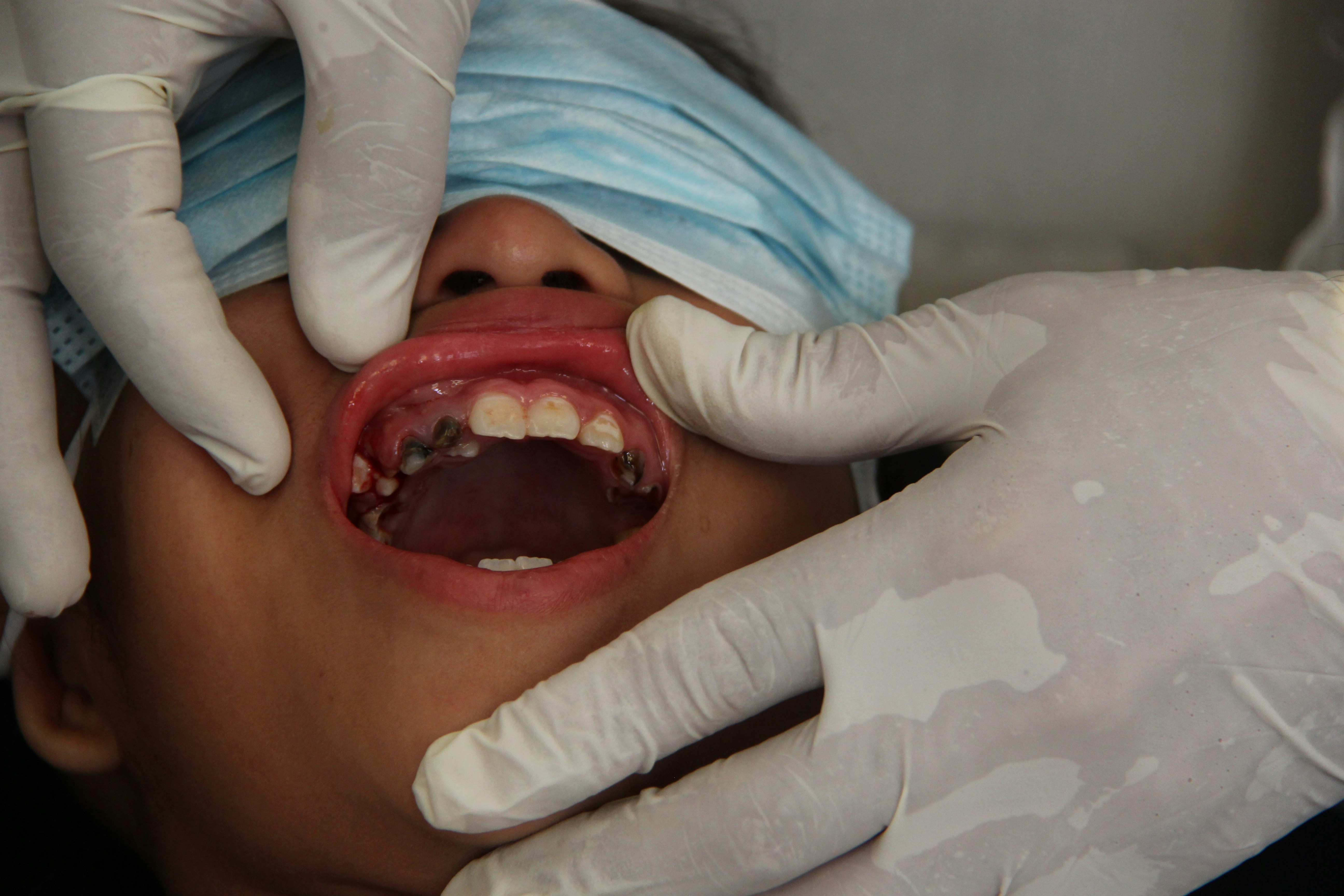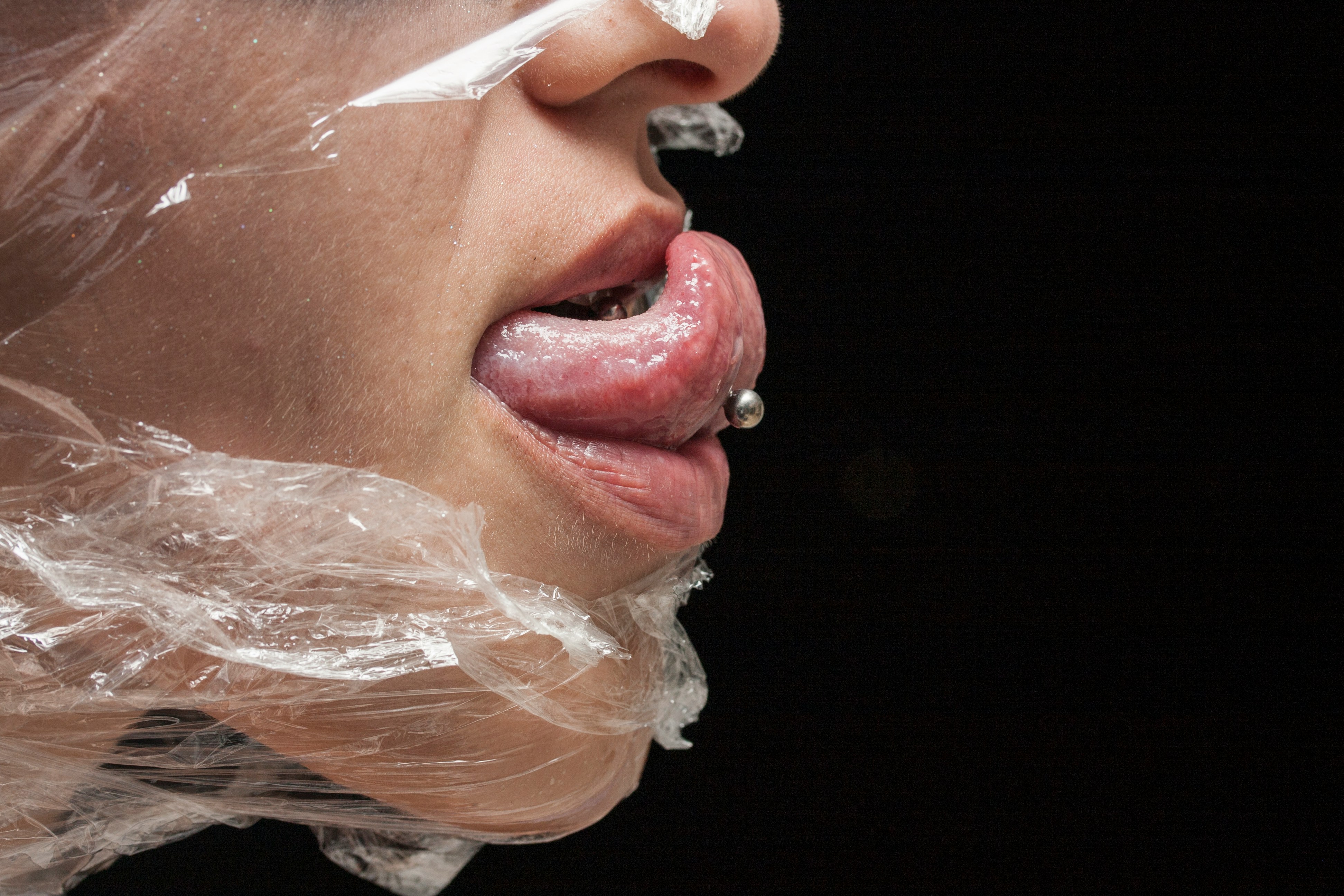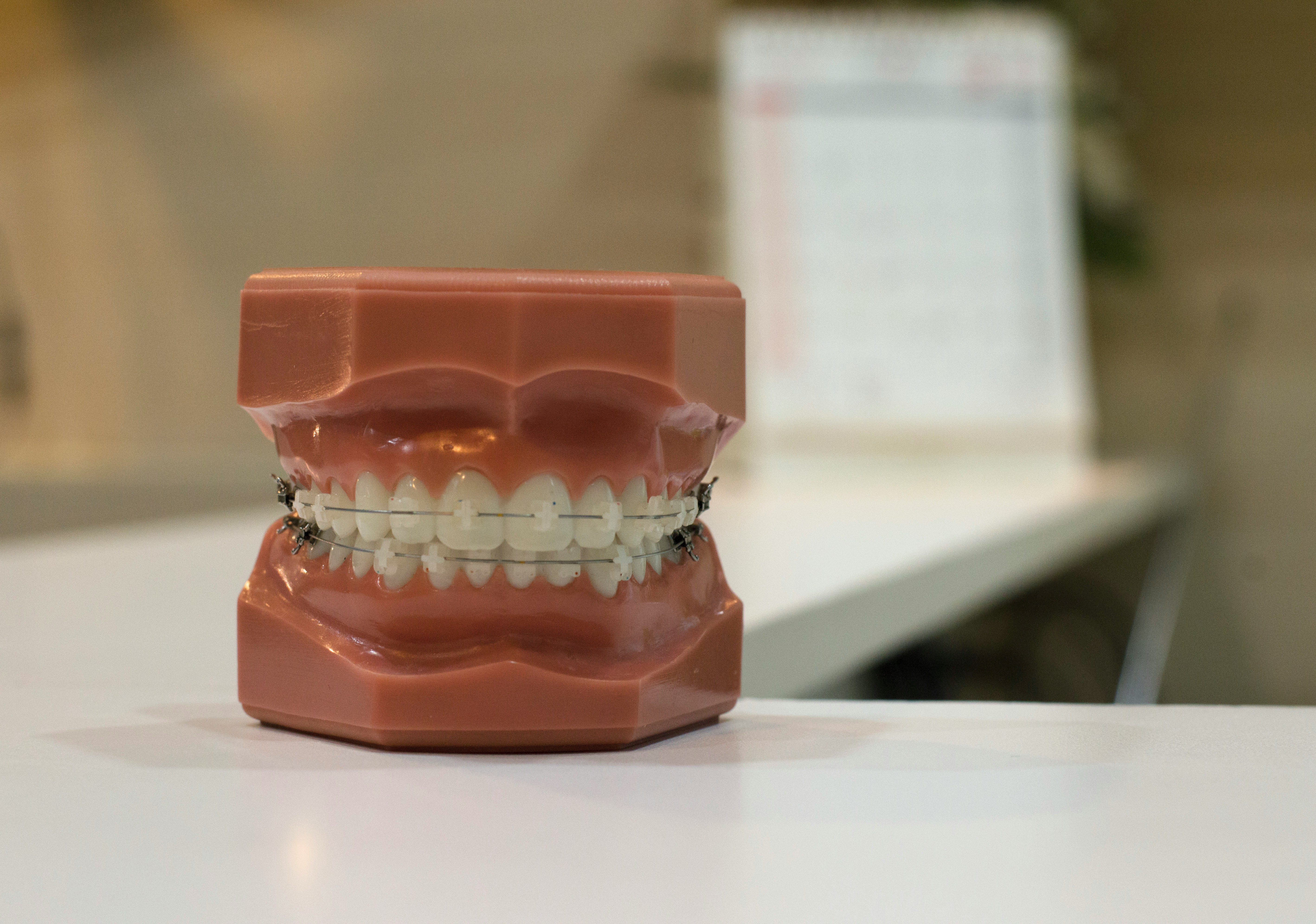How Intermittent Fasting Affects Your Oral Health
How Intermittent Fasting Affects Your Oral Health
Intermittent fasting (IF) has become a buzzword in the wellness world — lauded for weight loss, improved metabolism, and even longevity. But amidst all the body talk, there’s one question that rarely gets asked:
What does intermittent fasting do to your teeth and gums?
Let’s break down how this trendy eating pattern affects your oral health, both positively and negatively — straight from a dental chair at Gargi’s Dental Care, Kolkata.
The Good: How Intermittent Fasting May Help Your Teeth
1. Fewer Eating Windows = Fewer Acid Attacks
Every time you eat, your mouth becomes more acidic — which can weaken enamel. By limiting your eating window (say, to 8 hours a day), you reduce the number of acid attacks your teeth face daily.
2. Better Oral pH Balance
Fasting periods give your saliva time to neutralize acids and restore the pH balance in your mouth. This can reduce plaque buildup and lower the risk of cavities.
3. Reduced Late-Night Snacking
Brushing your teeth and then heading to bed without a midnight snack means no extra bacteria party overnight — a major win for oral health!
The Not-So-Great: Oral Health Risks of Intermittent Fasting
1. Dry Mouth
When you're not eating or drinking for extended hours, saliva production drops. A dry mouth can lead to bad breath, increased bacteria, and a higher risk of tooth decay and gum disease.
2. Acidic Break-Fasts
Many people break their fast with coffee, citrus fruits, or ACV (apple cider vinegar) — all highly acidic. If consumed on an empty stomach, they may erode enamel more aggressively.
3. Bad Breath (aka Fasting Breath)
During fasting, the body produces ketones — which can lead to an unpleasant, metallic-smelling breath. Combine that with reduced saliva, and it’s a recipe for halitosis.
How to Protect Your Oral Health While Fasting
-
Hydrate well during your eating window to keep saliva flowing.
-
Avoid brushing immediately after acidic foods — rinse with water first.
-
Chew sugar-free gum post meals to stimulate saliva (xylitol gum = bonus).
-
Brush and floss consistently, even if you're skipping breakfast.
-
Schedule regular dental check-ups, especially if you're new to fasting.
Intermittent Fasting or Not — Your Smile Deserves Daily Care
At Gargi’s Dental Care, Kolkata, we don’t just clean teeth — we help you understand how lifestyle trends like fasting affect your long-term oral wellness.
Book your next check-up with us at www.gargisdentalcare.com
Because no health trend is complete without a healthy smile to match!
